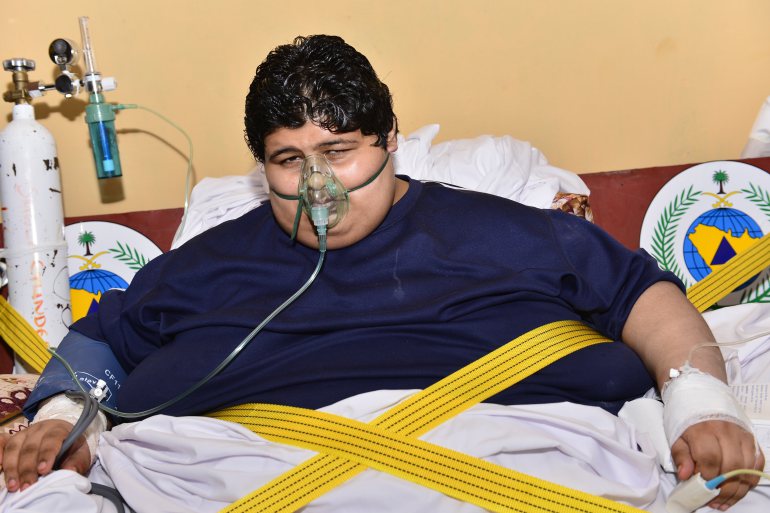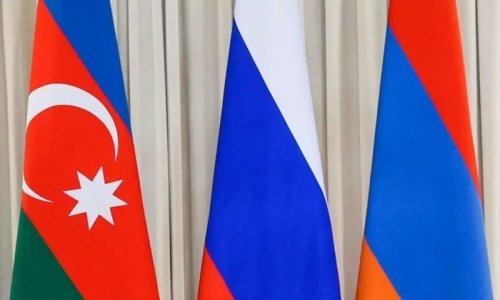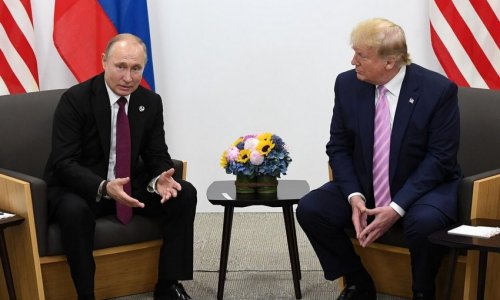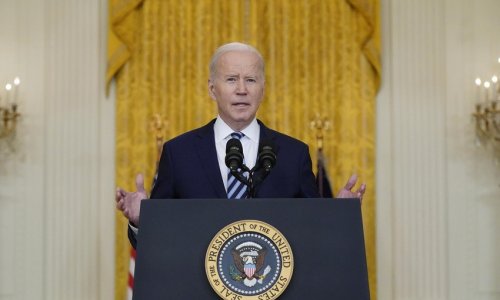In a video seen around the world, a Saudi Arabian man weighing some 600 kilograms was shown being forklifted from his apartment in 2013, so he could get medical treatment. His may have been an extreme case, but it shone a spotlight on the obesity epidemic spreading through the Middle East.
Obesity and diabetes rates in the Middle East are staggering, particularly in the Gulf region -- Kuwait, Saudi Arabia, Bahrain, Qatar and the United Arab Emirates.
The International Diabetes Federation (IDF) says 37 million people are living with diabetes in the Middle East and North Africa -- about 9.7% of the population -- while nearly 50% of cases in the region are undiagnosed. What's more, the IDF expects the number of diabetes cases in the Middle East to nearly double in the next 20 years,
Shahzad Ahmed -- "Shahz" to his friends -- is now in his mid 40s. He moved to Abu Dhabi with his wife and daughter a decade ago. It didn't take long before he noticed a rapid decline in his overall health.
"I had become extremely obese, I was hypertensive, near diabetic, high cholesterol, high triglycerides," recalles Ahmed. "Worst of all, I had been prescribed asthmatic medicine ... because I was getting short of breath. I couldn't walk."
The problem was partly the sedentary lifestyle, and partly down to an abundance of food.
"[There's] this luxurious lifestyle, especially in this country," says Ahmed. "We are not very active, generally there's air conditioned atmosphere, we're doing work on the computers ...watching TV.
"Slowly your calories out are less and your calories in are still the same because your culture is maintained around food. For every celebration, every meet-up with the family, the food is always on the table.
"You can eat anything anywhere ... In the office, we're having breakfast together. In the lunch time we're having a big feast. In the evening, when we're meeting people, we're having a big feast or going to different restaurants on the weekends. So that's contributed a lot for me gaining weight at a very fast rate."
Known as "lifestyle diseases," obesity and certain types of diabetes are often products of our environment and the choices we make in them. And unlike many other diseases, they can be reversed.
Dr. Farhana bin Lootah has been at the Imperial College London Diabetes Centre in Abu Dhabi since 2010. The center has campaigns around the UAE to raise awareness about the disease. Starting that conversation is critical -- and the first step in turning this epidemic around.
"Most people have type two diabetes and don't know they have it," says Dr. bin Lootah. "When you don't have the symptoms, it's very unlikely that you're going to take the medications, because you feel fine. So why would you take it?"
Diabetes is a leading cause of kidney failure, cardiovascular disease and blindness. It is related to insulin, the hormone made in your pancreas that helps the body use blood glucose, or sugar, for energy.
There are several types of diabetes: Type one, commonly known as juvenile diabetes, requires insulin replacement, like a pump, because the pancreas does not produce insulin for the body.
Type two is by far the most common and is characterized by high blood glucose levels. According to the IDF, nearly 70% of type two cases can be prevented or delayed by adopting healthier lifestyles.
In the UAE there are promising signs of change already. The government has taken up initiatives such as introducing activities at beaches -- including running and biking paths, volleyball nets, and water sports -- all meant to encourage everyone to get active.
"Right now we're at a tipping point," says Dr. bin Lootah. "When we started, nobody was talking about it; now everyone is -- and not only that, they're using the same lingo. It's on all multimedia, it's in government and private, in schools, as individuals and families. I think we're just reaching there. It's going to go over."
For Ahmed, the life-saving wake-up call he needed came three years ago, with his young daughter.
"When I was walking with my daughter, she would tell me, 'Baba, you're fat because you're eating a lot of chicken," he laughs. "I was walking on the corniche with her, she told me 'Baba, come catch me,' and she started running, but before even 100 meters I had to stop because my heart was going so fast and I was getting so short of breath."
Ahmed realized he had to change his lifestyle if he was to see his daughter grow up.
That's why in 2012 the 46-year-old self-proclaimed couch potato started running and biking. He signed up for races across Abu Dhabi and Dubai; in the first race he ever ran he finished last, but he never gave up. Then, last fall, he signed up for 2,300 kilometer bike race across Europe.
The race, called the mHealth Grand Tour, raises money for diabetes awareness. It took 15 days, across four countries, through mountains and rain storms and it would be the ultimate test of his health.
"When we started ... you go up 400 meters up, then you come down, then you go up again 400 meters and come down," says Ahmed. "So there were three rolling hills on the first day ... so right from the start it was challenging."
When Ahmed crossed the finish line the first thing he did was call the two people who inspired and supported him the entire way -- his wife and daughter. And since beginning his health drive he has seen a remarkable turnaround in his health, reversing his diabetes, lowering his blood pressure, reducing his cholesterol and losing weight.
"That's the best achievement I feel in terms of my health and fitness," he says. "I'm enjoying every bit of my life. Having fun with my friends and family."
Now, he even has his own health blog, encouraging people to eat healthily and stay active. "I feel fantastic," says Ahmed. "I want to actually inform, educate and motivate people to lead a happy and healthy life and take up challenges like I've done ... If I can do it, anyone can."
(CNN)
ANN.Az
Follow us !











